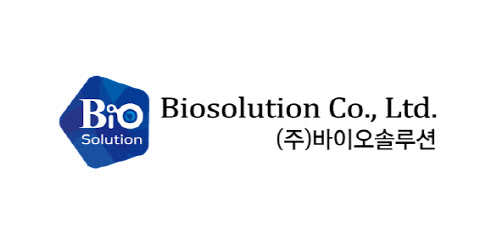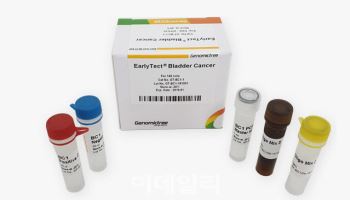[Seok Ji-hoen, edaily reporter] Biosolution said Wednesday it has received the final clinical study report (CSR) for the Phase 2 U.S. trial of its next-generation cell therapy CartiLife, developed for knee cartilage regeneration.
According to the company, top-line data from the Phase 2 study demonstrated CartiLife’s ability to structurally regenerate and preserve cartilage, while also improving symptoms. Notably, about 37% of the patients had osteoarthritis, and showed statistically significant improvements in pain and joint function compared to baseline as well as evidence of cartilage regeneration.
The U.S. Phase 2 trial began after Biosolution received FDA clearance for its IND in November 2019. The study enrolled 20 patients with cartilage defects of the knee, across five U.S. clinical sites. Dosing was completed in January 2024.
The trial population included middle-aged and older adults, with an average age of 53 and a maximum age of 62. Most participants were mildly obese, with BMIs around 30. Despite having severe cartilage defects classified as ICRS grades 3~4, the patients showed positive outcomes, the company said. These findings suggest that CartiLife is effective even in real-world settings, including among older, obese, and advanced osteoarthritis patients.
At week 48 post surgery, the primary endpoint “cartilage defect fill score” averaged 14.2 out of 20. That compares favorably with the 9 point average typically seen with microfracture surgery in Korea’s Phase 3 trials. Biosolution used both cartilage fill and functional improvement scores as co-primary endpoints, a move the company said reflects its confidence in the therapy.
In addition to significant improvement in the KOOS Sports/Recreation score, which rose from 16.8 at baseline to 52.5, other KOOS subdomain scores-including pain, symptoms, activities of daily living, and quality of life-also improved significantly. The overall KOOS score increased from 37.9 to 70.5. The KOOS Symptoms score, which measures swelling and stiffness, rose from 52.8 to 83.6. KOOS Pain scores also showed statistically significant improvements over time.
MRI-based assessment using the MOCART score, a key imaging endpoint for cartilage regeneration, averaged in the 80s. That’s higher than the 75.7 reported for Vericel’s MACI, a U.S.-approved cartilage cell therapy, at a scientific conference in 2010. Most similar products or devices tested in Korean trials have shown MOCART scores in the 50~60 range.
Other secondary endpoints, including VAS for pain and WOMAC for function, also demonstrated statistically significant improvement, according to the company.
“With CartiLife’s efficacy now reconfirmed through both its official product approval in Korea and this U.S. Phase 2 study, we will now focus on early commercialization,” said CEO Jung-sun Lee. “We will publish detailed findings in international journals and accelerate license-out discussions for CartiLife, while also working with the FDA to advance early market entry.”



![i-Sens Soars 23% on EU CGM Expansion [K-bio pulse]](https://image.edaily.co.kr/images/vision/files/NP/S/2026/02/PS26021300327b.jpg)



![냉탕 온탕 오간 에이프릴바이오…실적 호조에 로킷·휴젤 상승[바이오맥짚기]](https://image.edaily.co.kr/images/vision/files/NP/S/2026/02/PS26021200275b.jpg)


